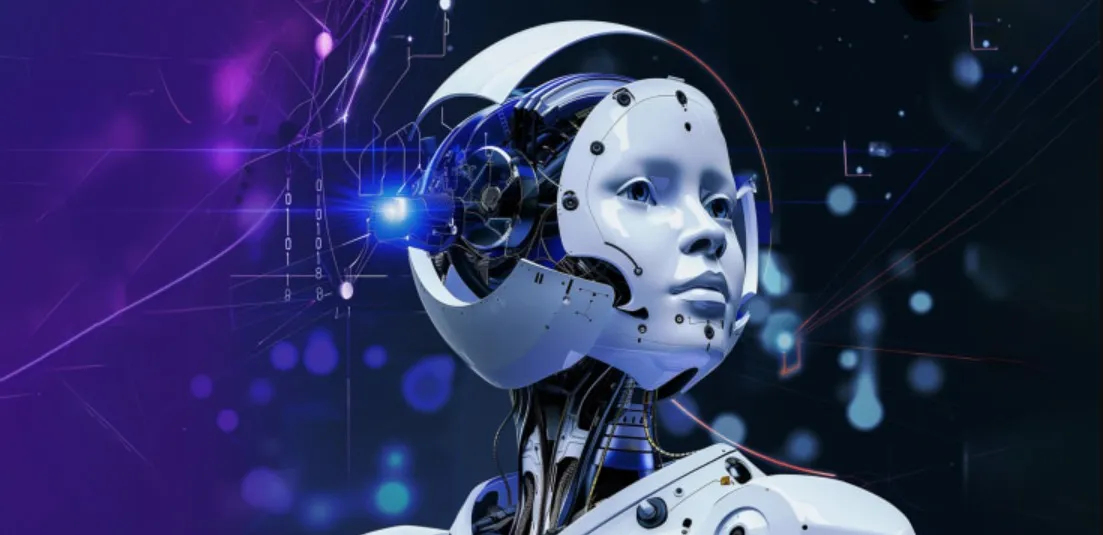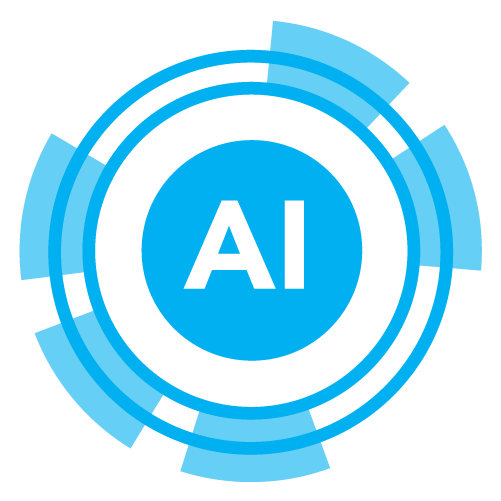The Development of Robotics Based on Artificial Intelligence: Achievements and Prospects
Artificial intelligence (AI) has revolutionized various industries, and robotics is one of the fields experiencing a major transformation. The integration of AI into robotics has enabled machines to perform complex tasks with higher precision, efficiency, and adaptability. From autonomous vehicles to robotic surgeons, AI-powered robotics is changing how industries operate. This article explores the major achievements in AI-driven robotics and examines the future potential of this rapidly evolving technology.

Key Achievements in AI Robotics
Enhanced Autonomy and Decision-Making
One of the most significant advancements in robotics is the ability to make independent decisions. AI algorithms, particularly machine learning and deep learning, enable robots to analyze their environment, recognize patterns, and make real-time decisions. This has been instrumental in industries such as manufacturing, healthcare, and logistics, where autonomous systems improve efficiency and safety.
Human-Robot Collaboration
Modern AI-driven robots are designed to work alongside humans, making workplaces safer and more productive. Collaborative robots, or cobots, are equipped with sensors and AI-powered perception systems that allow them to detect human presence and adjust their actions accordingly. This reduces the risk of accidents and enables seamless human-machine interaction.
Advancements in Natural Language Processing (NLP)
The integration of NLP in robotics has allowed machines to understand and respond to human speech. This capability is essential in customer service, healthcare, and personal assistant robots. AI-powered robots like voice assistants and humanoid robots are now able to engage in meaningful conversations and provide assistance based on context and intent.
Improvements in Machine Vision and Perception
AI has significantly improved the ability of robots to perceive and understand their surroundings. Machine vision technology enables robots to identify objects, navigate through complex environments, and even recognize emotions on human faces. This has been particularly useful in fields like autonomous driving, security surveillance, and industrial automation.
Prospects for AI-Driven Robotics
Expansion of AI in Healthcare Robotics
AI-powered robots are expected to play an even greater role in healthcare. From robotic surgeries to patient care assistants, these machines will enhance precision, reduce human errors, and assist medical professionals in performing tasks more efficiently. Future developments may include AI-driven diagnostic tools that detect diseases at an early stage.
Evolution of Autonomous Transportation
The automotive industry is witnessing a significant shift toward self-driving technology. AI-powered autonomous vehicles, including drones and delivery robots, are expected to redefine transportation and logistics. As AI models become more sophisticated, these robots will navigate more complex environments with greater safety and accuracy.
Industrial and Agricultural Automation
Industries such as agriculture and manufacturing are increasingly adopting AI-driven robots to optimize production. In agriculture, autonomous drones and robotic harvesters are being developed to monitor crop health and improve efficiency. Similarly, in manufacturing, AI-powered robots will continue to streamline processes and reduce labor-intensive tasks.
Ethical and Security Challenges
As AI-driven robotics continues to evolve, ethical concerns and security risks must be addressed. Issues such as data privacy, bias in AI decision-making, and potential job displacement require careful consideration. Governments and tech companies are working on regulatory frameworks to ensure responsible AI implementation in robotics.
Comparison of AI Robotics in Different Sectors
| Sector | Key Achievements | Future Prospects |
|---|---|---|
| Healthcare | AI-assisted surgery, robotic caregivers | Enhanced diagnostics, robotic rehabilitation assistants |
| Automotive | Autonomous vehicles, AI-based traffic control | Fully automated transportation, smart traffic systems |
| Industrial | Cobots, smart automation | AI-driven supply chains, self-maintaining robots |
| Agriculture | AI-powered drones, robotic harvesting | Precision farming, autonomous monitoring systems |
Conclusion
AI-powered robotics is shaping the future across various industries, improving efficiency, safety, and innovation. While significant advancements have already been made, the field is still evolving, offering vast opportunities for further development. Addressing ethical concerns and security challenges will be crucial in ensuring the responsible deployment of AI-driven robots. As technology advances, AI in robotics will continue to redefine how humans and machines interact, paving the way for a more automated and intelligent future.
